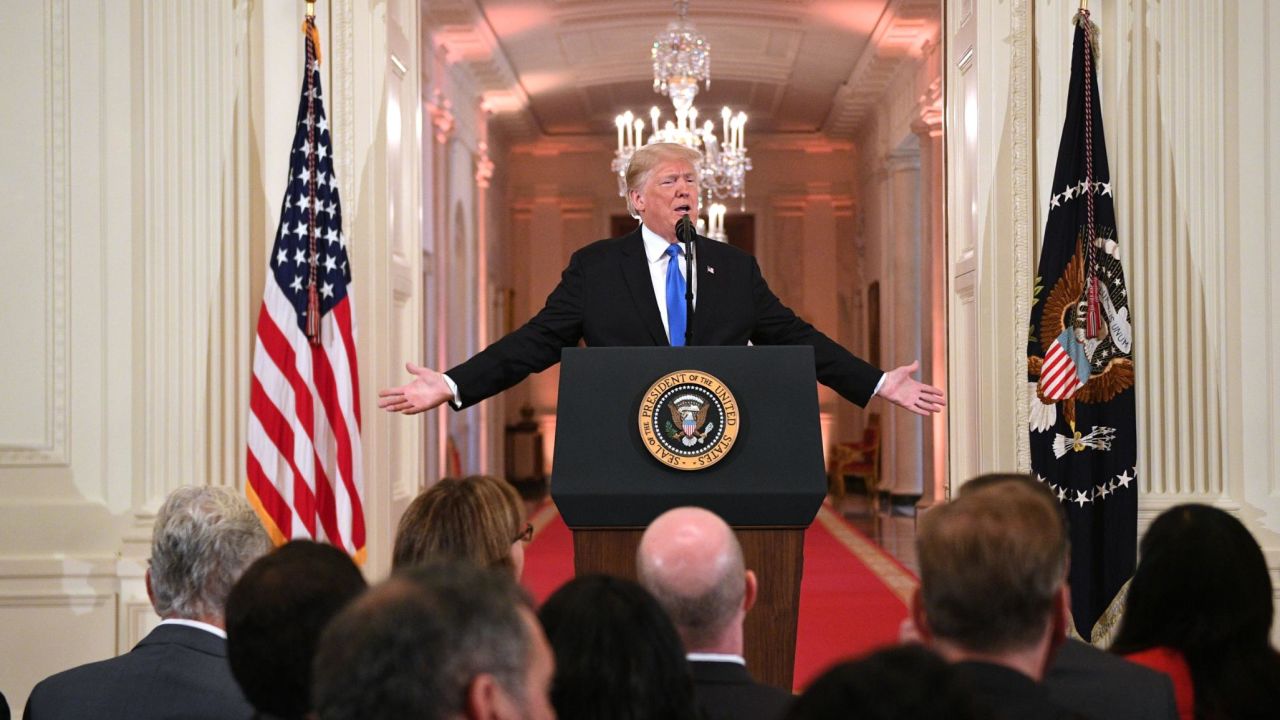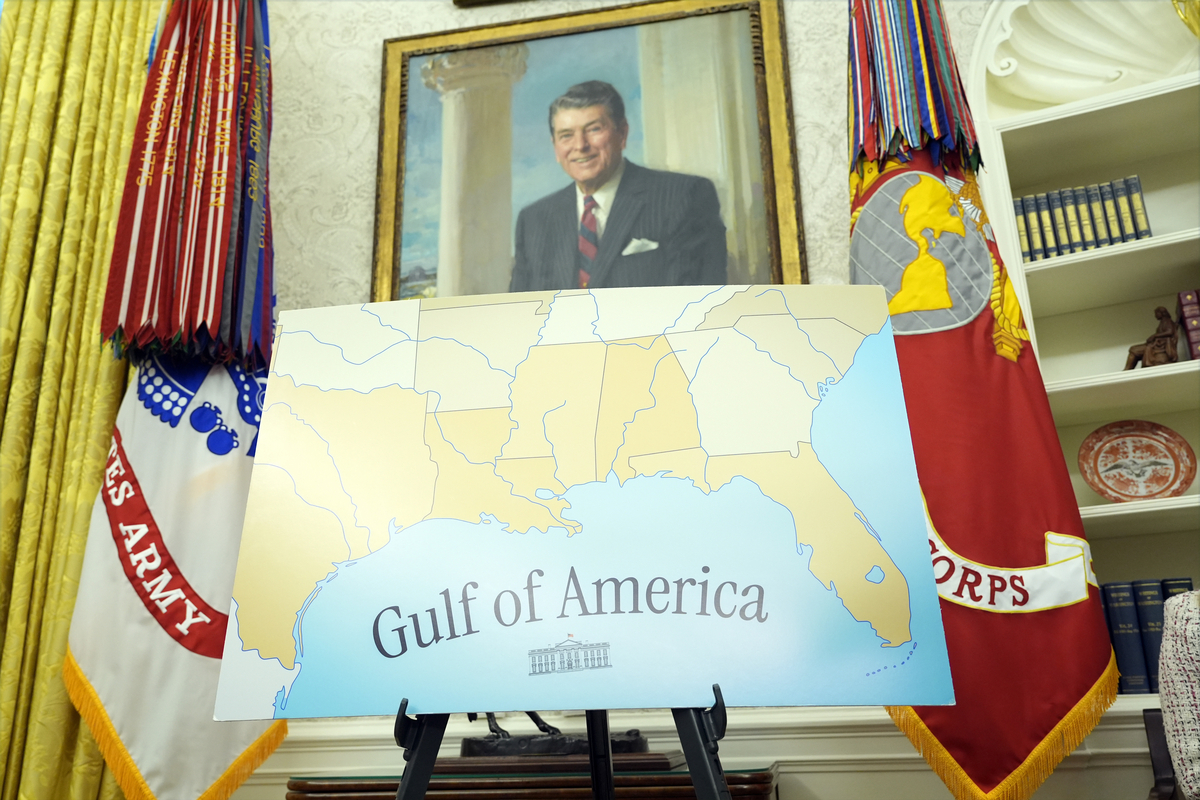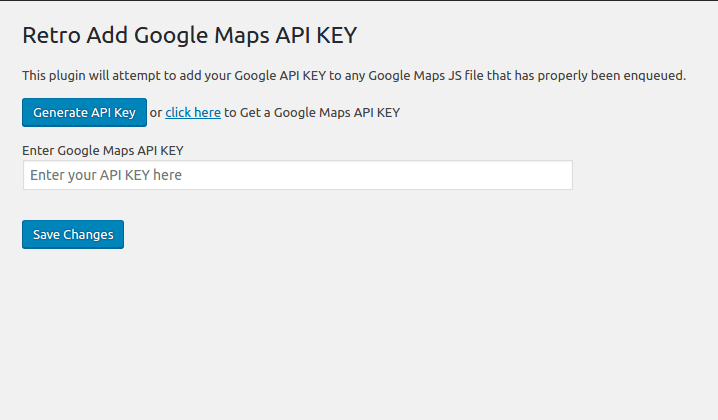The Gulf of Mexico, a name steeped in over 400 years of history, is now officially the Gulf of America for U.S. users on Google Maps. This name change, a bizarre product of Donald Trump’s administration, raises critical questions about the intersection of technology, national identity, and historical revisionism.
Historical Erasure in the Name of Patriotism
According to BBC, the recent directive from Trump to rename the Gulf of Mexico to the Gulf of America stems from a broader agenda to “restore American pride.” This move not only attempts to erase a name that has been used for centuries but also signals a troubling trend where historical narratives are reshaped to fit the political whims of the moment. The Gulf of Mexico has long been a shared cultural and geographical icon for both the United States and Mexico, symbolizing a complex history of trade, migration, and cultural exchange.
Corporate Compliance and National Identity
Google’s decision to adopt this new nomenclature across its platforms is emblematic of a disturbing trend in corporate America. The tech giant claims that this renaming aligns with its “longstanding practices” of adapting geographical names based on user location, as reported by NPR. However, this justification rings hollow when one considers the implications of such a change. By conforming to Trump’s demands, Google is not just changing a name; it is reinforcing a narrative of exclusion that prioritizes a narrow definition of national identity over historical accuracy.

Jim Acosta: White House pulls CNN reporter"s pass after Trump press ...
Global Reactions to a National Shift
Internationally, reactions have been swift and pointed. In Mexico, President Claudia Sheinbaum firmly stated, “For us, it is still the Gulf of Mexico,” according to AP News. This statement not only highlights the absurdity of the name change but also underscores the broader implications for U.S.-Mexico relations. By insisting on a unilateral name change, Trump’s administration risks alienating a key ally and disregarding the rich, shared history that exists between the two nations.
Implications for Civil Discourse and Democratic Values
This name change also raises significant concerns regarding civil discourse in America. By framing this alteration as a patriotic act, the Trump administration seeks to nationalize a narrative that inherently excludes voices, histories, and identities that do not conform to a specific vision of America. This tactic is a calculated move to polarize public opinion and galvanize a base that thrives on a distorted sense of nationalism. It is reminiscent of the battles fought over Confederate monuments and historical erasures that have ignited fierce debates about who gets to define public memory.

NOAA begins process of renaming Gulf of Mexico - E&E News by P…
Legal and Constitutional Concerns
From a constitutional perspective, the renaming of geographic features might seem innocuous, but it warrants scrutiny. As a former civil rights attorney, I recognize that this move could be viewed as a violation of the First Amendment, particularly in how it relates to the freedom of expression. When government entities dictate the language we use to describe our world, it raises alarms about censorship and the erosion of democratic values. The executive order mandating this change should be challenged, as it represents not just a semantic shift but a fundamental attack on our understanding of history and identity.



![[Video] Gunfire between Iraqi security forces and Sadr militias in Baghdad](/_next/image?url=%2Fapi%2Fimage%2Fthumbnails%2Fthumbnail-1768343508874-4redb-thumbnail.jpg&w=3840&q=75)
